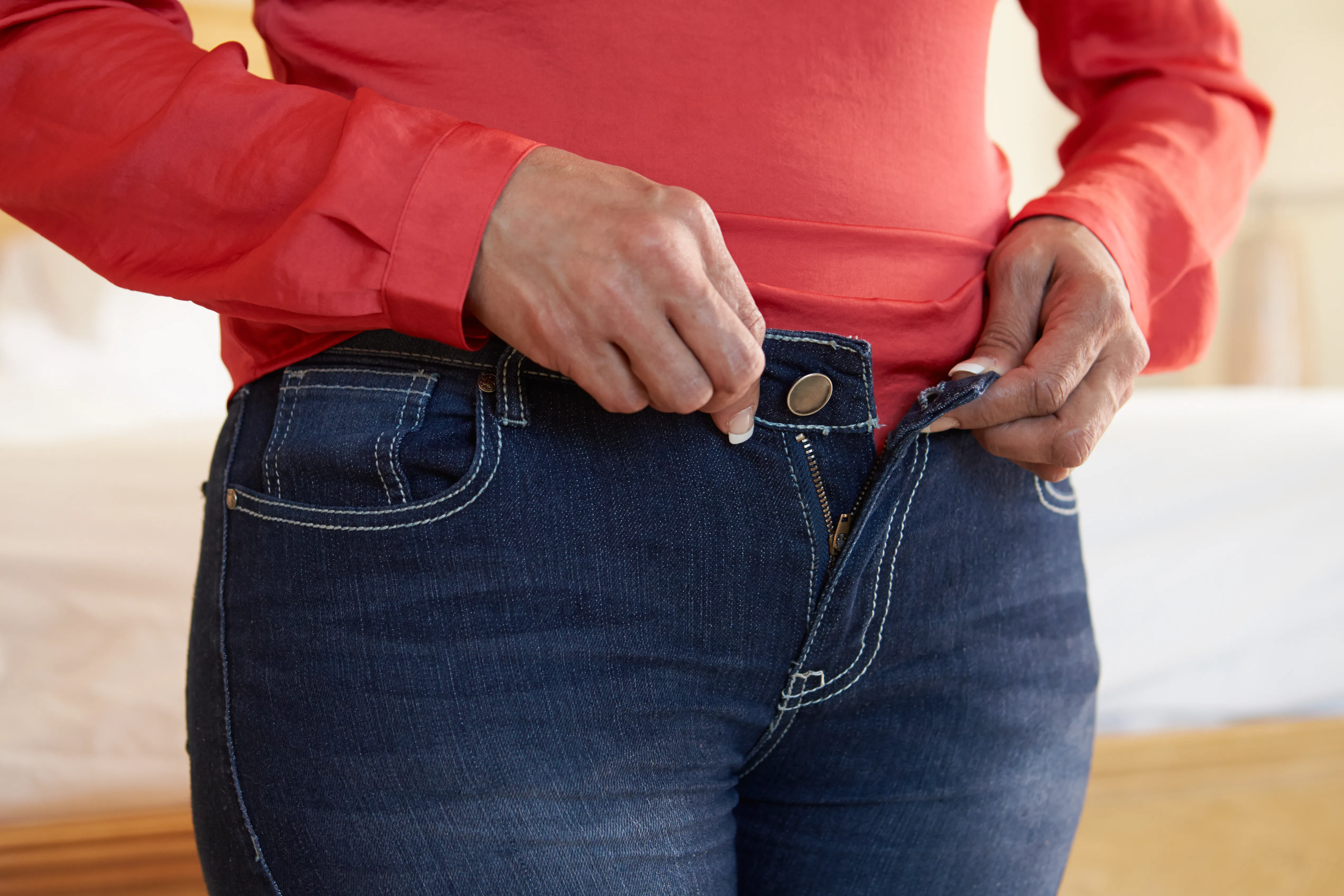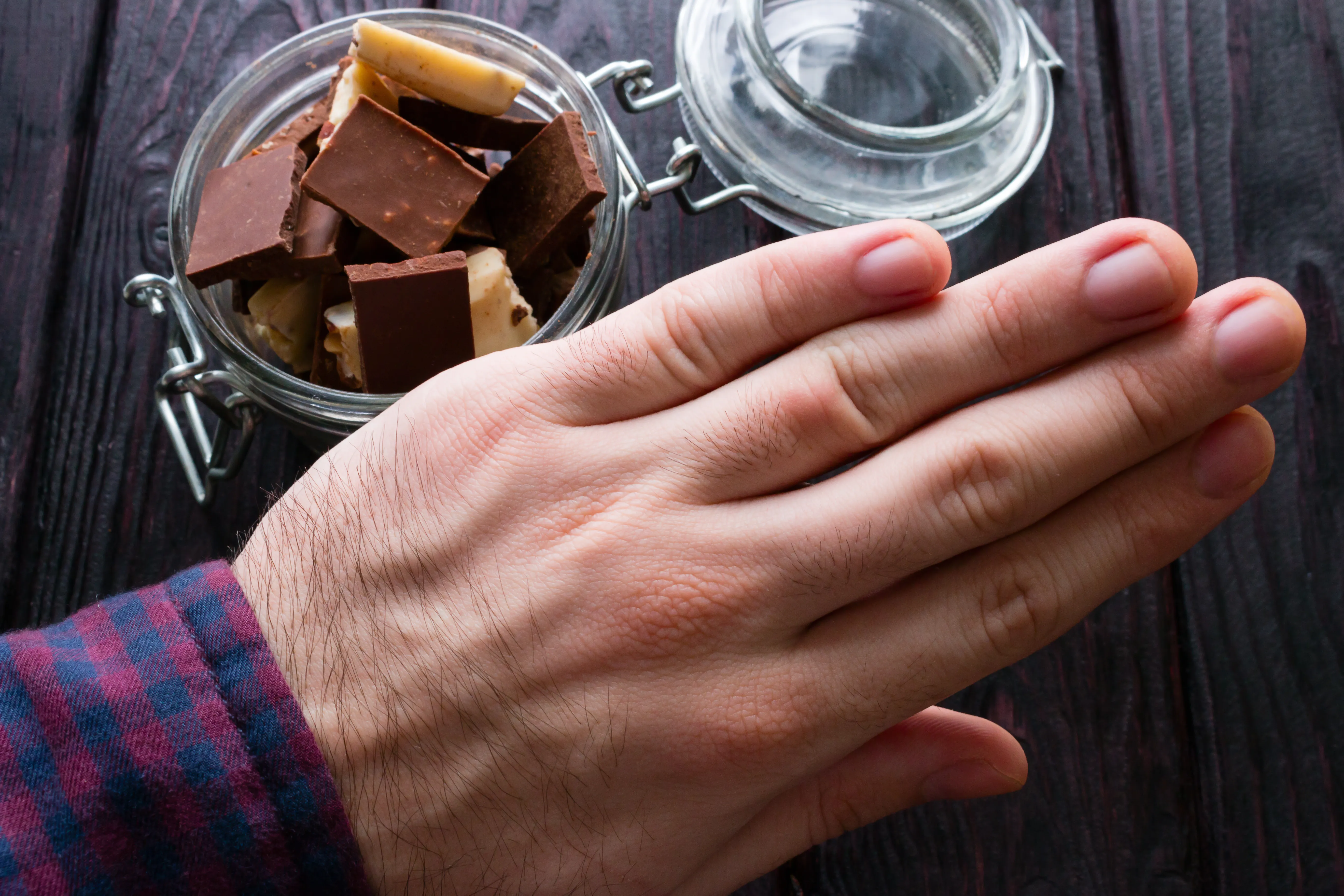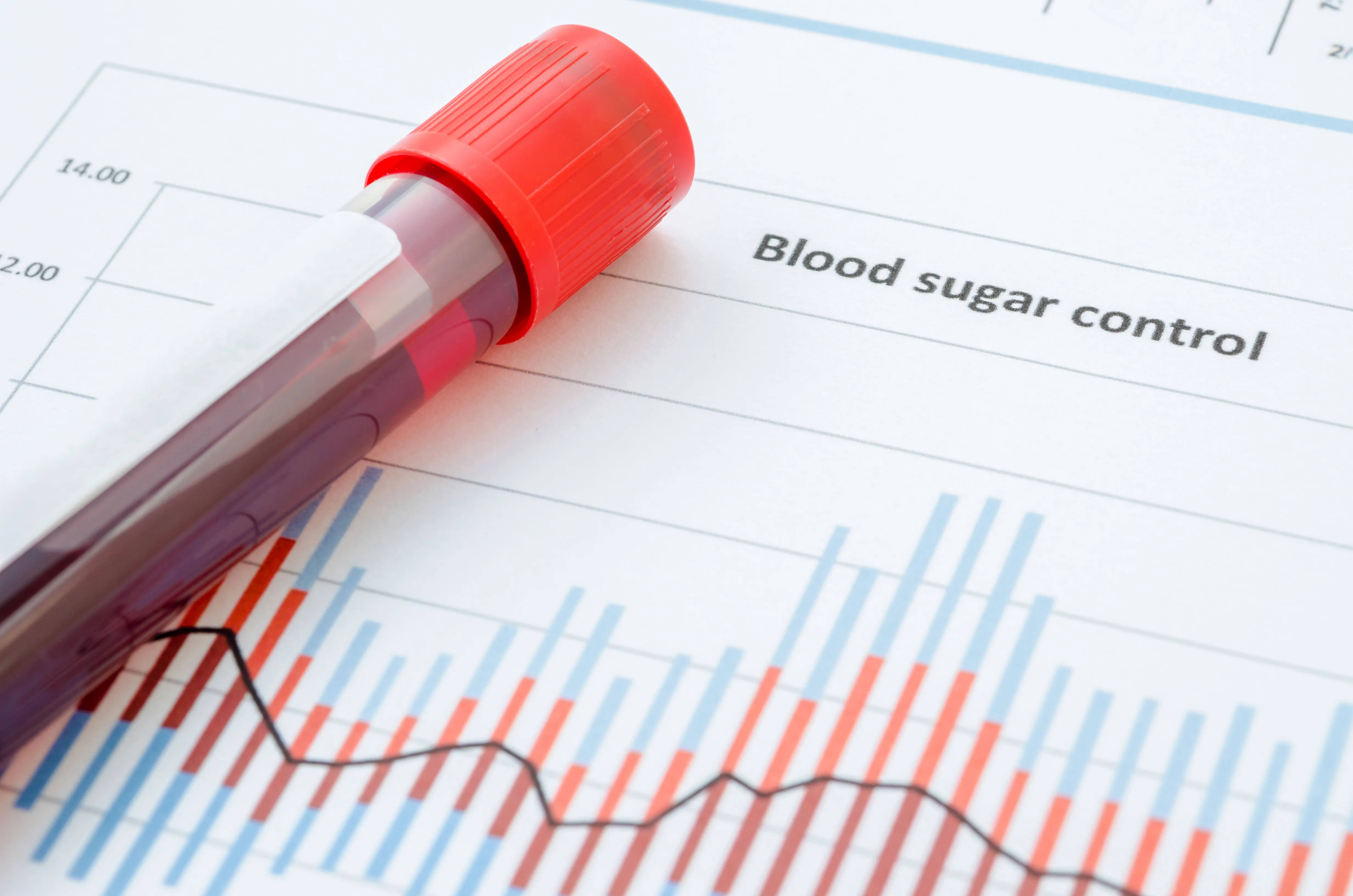Diabetes is a severe chronic condition that can result in serious complications. However, if you keep your blood sugar and A1C under control, then you will greatly reduce your chances of developing a serious complication. There are many ways that you can keep your diabetes under control. Here are 20 ideas to get you started:
1. Regular Exercise
Exercising is one of the simplest ways to keep your blood sugar and A1C under control. Your body uses glucose for fuel during exercise. That is why you will naturally be able to reduce your blood sugar by exercising. Regular exercise will also improve the body’s sensitivity to insulin.
You can notice a major difference by exercising 30 to 60 minutes per day. Talk to your physician before you start an exercise program. Low-impact activities are best for diabetics. This includes things such as walking and swimming.

Shutterstock.com
2. Snack Healthy
Being a diabetic does not mean you have to give up snacks. In fact, snacking on healthy foods can make it easier for you to control your blood sugar. Celery with hummus, string cheese with whole wheat crackers, eggs, and nuts are delicious and healthy snacks for diabetics. Beware of hidden sugars in snacks. Fruit, for example, while healthy, can contain a lot of sugar. Bananas, for instance, contain 14g of sugar, and watermelon contains 19g.

Shutterstock.com
3. Check Your Blood Sugar Regularly
One of the most important things that you can do as a diabetic is to check your blood sugar regularly. This will make it easier for you to plan your meals and exercise time accordingly. Keeping a log of your blood sugar will also make it easier for your physician to develop a treatment plan for you.
There are also diabetes apps that you can use. Diabetes Tracker is one of the apps that you may want to consider using to track your blood sugar.

Monkey Business Images / Shutterstock.com
4. Limit Alcohol Intake
Diabetics can drink alcohol. However, women should not have more than one drink per day. Men should not have more than two. Beer and wine have carbohydrates that can raise blood sugar.

Photographee.eu / Shutterstock.com
5. Lose Weight
Losing weight can greatly benefit a diabetic. In fact, a person who weighs over 200 pounds can have an easier time controlling their blood sugar by losing just 10 to 20 pounds.

Monkey Business Images / Shutterstock.com
6. Have Your Eyes Checked
Diabetes can affect any part of your body, and that includes your eyes. In fact, diabetes is one of the leading causes of blindness. That is why it is important for diabetics to get their eyes checked on a regular basis.

leungchopan / Shutterstock.com
7. Get the Recommended Amount of Sleep
Inadequate sleep can make it more difficult for you to control your blood sugar. It can also raise your blood pressure and cholesterol.
There are many things you can do in order to get the recommended amount of sleep. Try to maintain the same sleep schedule every day. If you consume caffeine, then you will need to do so before 2 p.m.

wavebreakmedia / Shutterstock.com
8. Eat Plenty of Non-Starchy Vegetables
Cabbage, broccoli, cucumbers and carrots are some of the non-starchy vegetables that you can eat. Non-starchy vegetables are an ideal part of the diabetes diet because they have a low glycemic index. Foods with a low glycemic index will not cause a sharp rise in your blood sugar.

Alliance / Shutterstock.com
9. Limit Sugar
Sugary foods are at the top of the list of the foods to avoid if you have diabetes. Not only will you need to avoid cookies, cakes and brownies, but you will also need to avoid sodas and fruit juices. These foods and beverages not only causes a sharp spike in your blood sugar, but they can also contribute to weight problems.

itakdalee / Shutterstock.com
10. Eat Breakfast
You do not want to skip breakfast. A nutritious breakfast will boost your energy and stabilize blood sugar. Whole-grain cereal, whole-grain muffin parfait and oatmeal are great breakfast choices for diabetics.

Maridav / Shutterstock.com
11. Avoid White Rice and Bread
Sugary foods are not the only things you should avoid if you have diabetes. You should also avoid white rice and bread. Foods with white flour in them are converted into sugar once they are digested by the body. That is why they can cause an increase in your blood sugar.

Albina Glisic / Shutterstock.com
12. Limit Fatty Meat
Saturated fat, which is found in fatty meats, is bad for diabetics. Saturated fat can increase inflammation and raise cholesterol. Diabetics are already at an increased risk for developing heart disease. Saturated fat can further increase this risk.

Pavel Ilyukhin / Shutterstock.com
13. Dine Out Wisely
Being a diabetic does not mean you cannot eat out. However, you have to carefully select the foods that you eat.
There are many healthy substitutions you can make. For example, if you love fish, then you can get it broiled or baked instead of fried. You should also watch your portion sizes. If you order a large entree, then you can split it with a friend or take part of it home.
Keep in mind that there are diet apps that you can use that will make dining out easier for you.

Monkey Business Images / Shutterstock.com
14. Keep Your Mind Sharp
Diabetes can increase the risk of dementia. One of the ways you can reduce your risk of dementia is by keeping your mind sharp. Doing crossword puzzles and practicing an instrument are some of the ways you can keep your mind sharp.

Tyler Olson / Shutterstock.com
15. Drink Plenty of Water
There are many ways you can benefit if you consume a lot of water. People who have diabetes are more likely to become dehydrated because excess glucose causes the body to lose more water. The higher your blood sugar is, the more likely you are to become dehydrated. In fact, thirst is one of the first diabetes symptoms that people notice. That is why you should drink water frequently.

Goodluz / Shutterstock.com
16. Have Your Blood Pressure Checked Regularly
Diabetics are at an increased risk for developing high blood pressure. That is why you want to make sure that you have it checked on a regular basis. If your blood pressure is always above 140/90, then you may have to take medication.

adriaticfoto / Shutterstock.com
17. Keep Your Stress Under Control
Stress can raise your blood sugar. Gardening, walking, listening to music and meditating are ways that you can reduce your stress. Talking to someone about what is stressing you out can also help you control your stress.

adriaticfoto / Shutterstock.com
18. No Smoking
Smoking is one of the worst habits that you can have. The nicotine in cigarettes can raise blood sugar. Smoking can also cause high blood pressure, nerve damage and heart disease.

Kenishirotie / Shutterstock.com
19. Take Care of Your Feet
Diabetics are at a greater risk for foot problems. You should check your feet regularly for ulcers, redness and callouses. Make sure you let your doctor know if you have any foot problems.

memorisz / Shutterstock.com
20. Have Your A1C Level Checked
Your A1C level is a measure of your blood sugar over the past few months. You should have your A1C checked two to four times per year.

Gam1983 / Shutterstock.com
